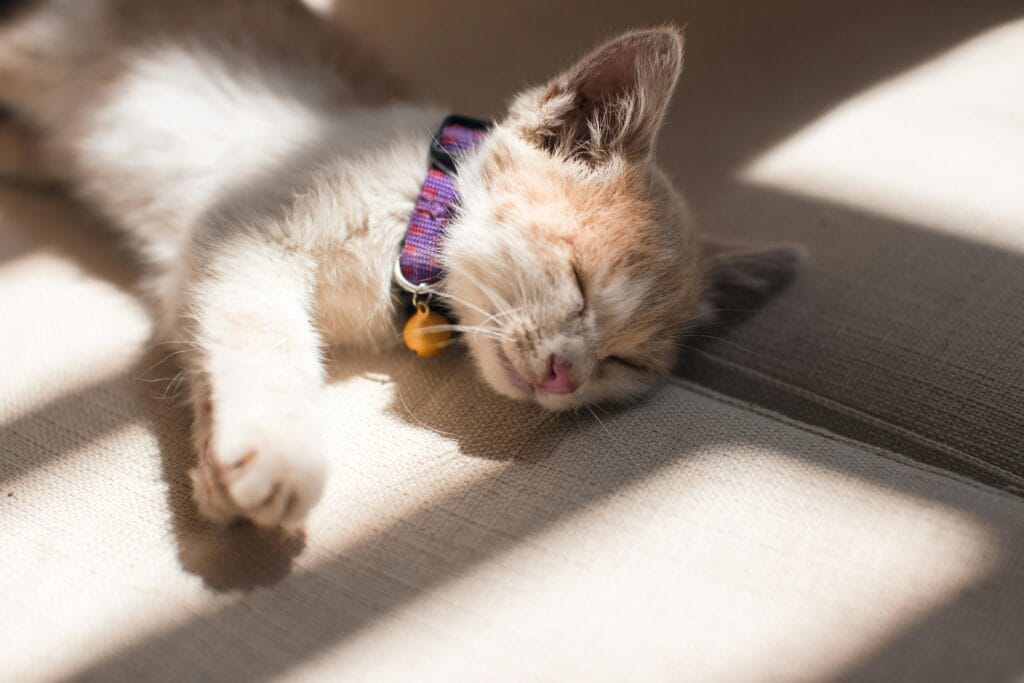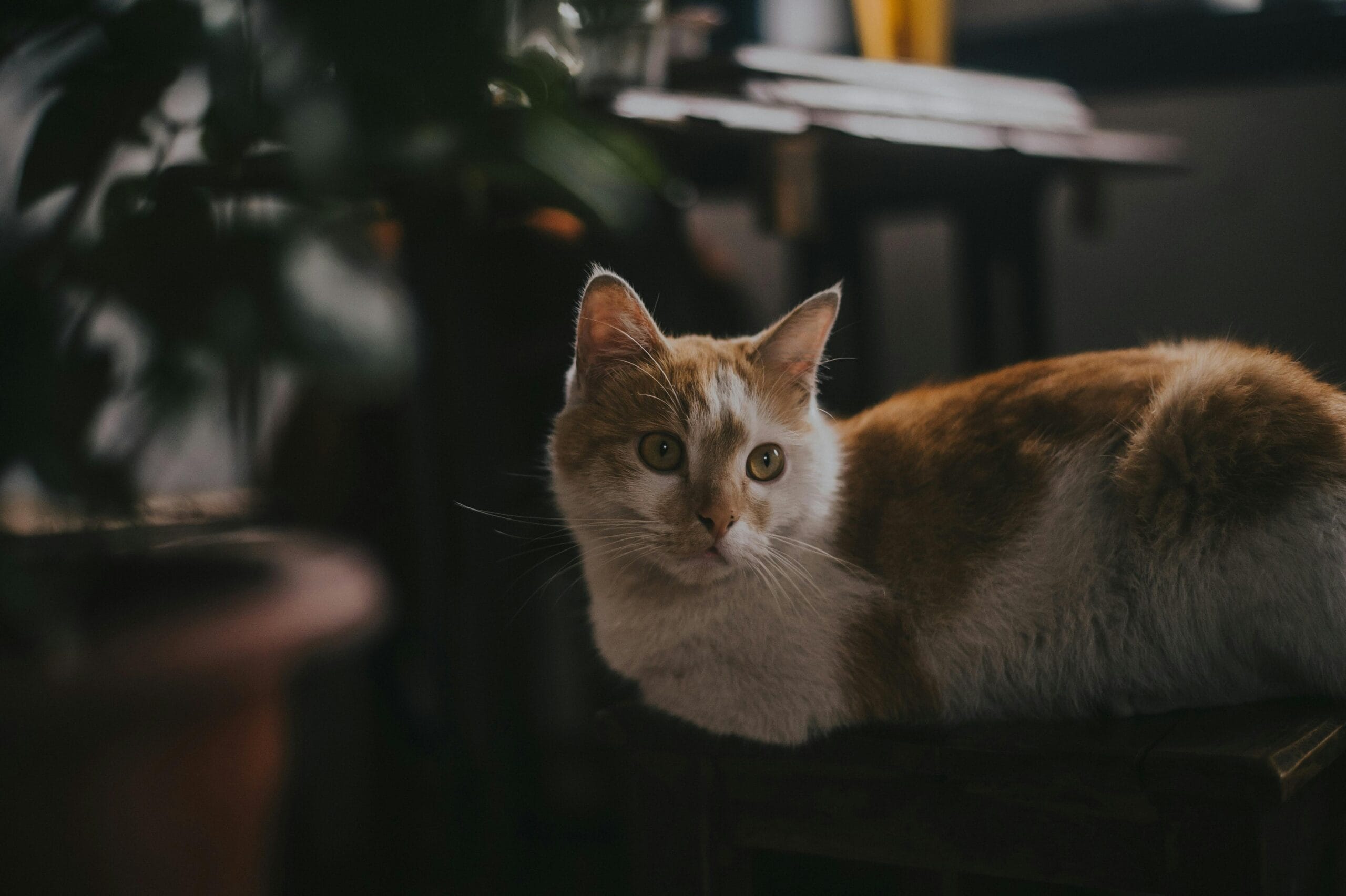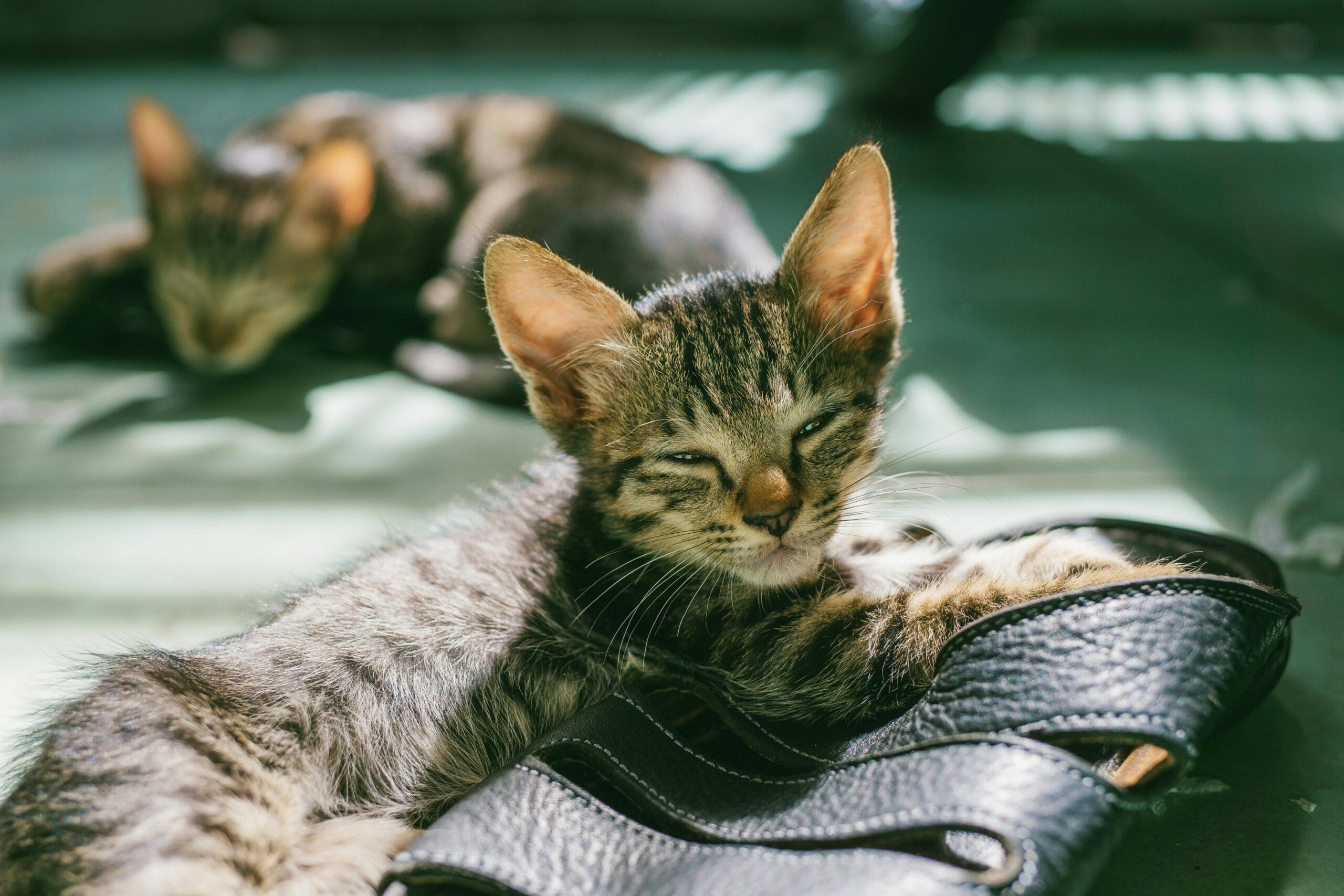Why Does My Cat Lick My Face ?

Why Does My Cat Lick My Face? Discover the meaning behind your cat’s face licking! Uncover the secrets of cat grooming behavior and understand your feline friend better. Learn now! #CatLickingFaceMeaning #CatGroomingBehavior
Why Does My Cat Lick My Face? Understanding Feline Affection and Grooming
The gentle rasp of a cat’s tongue on your face – a common experience for many cat owners. But have you ever wondered, “Why does my cat lick my face?” It’s more than just a random act; it’s a complex behavior rooted in feline communication, grooming habits, and the unique bond you share with your furry friend. This comprehensive guide delves into the meaning behind this endearing gesture, exploring the various reasons behind cat licking face meaning and shedding light on cat grooming behavior.
Decoding the Lick: Understanding Cat Grooming Behavior
Cats are meticulous groomers. Licking themselves is a vital part of their hygiene routine, removing dirt, loose fur, and parasites. This instinctual behavior extends to their human companions, often interpreted as a sign of affection and acceptance. The act of licking is inherently linked to cat grooming behavior, but the context and intensity can reveal much about your cat’s feelings and intentions.
When your cat licks your face, they are essentially extending this grooming ritual to you. It’s a way of showing you belong to their social group, marking you as part of their territory (and family). The process incorporates scent transfer, as cats have scent glands on their tongue and face. By licking you, they are subtly depositing their scent, claiming you as “theirs” in a subtle, feline way. This is a fascinating aspect of cat licking face meaning.
Beyond Grooming: The Social Significance of Cat Licking
While hygiene plays a role, why does my cat lick my face often goes beyond simple cleanliness. For cats, licking is a powerful social communication tool. Kittens are groomed extensively by their mothers, establishing a strong bond and a sense of security. This early experience forms the foundation for their understanding of social interactions. Extending this licking behavior to humans signifies trust, affection, and acceptance.
Consider the situation. Is your cat rubbing against your legs, purring, and then licking your face? This combination of behaviors suggests a high level of comfort and attachment. It’s a clear display of affection, confirming that they enjoy your company and consider you a valued member of their “pride.”
The intensity of the licking can also offer clues. Gentle, short licks often express affection. More vigorous licking could indicate they see you as needing a little grooming. Sometimes, however, excessive licking might indicate stress or anxiety; a change in behavior could signal the need for veterinary attention. Always observe your cat’s overall behavior to understand the context of their licking.
Why Does My Cat Lick My Face? Different Cats, Different Reasons
Just like humans, every cat has a unique personality. Why does my cat lick my face might have slightly different answers depending on your cat’s individual temperament. Some cats are more affectionate than others and show their love through extensive grooming. Other cats may only offer the occasional lick, reserving more overt displays of affection for other behaviors.
The age of your cat can also influence their behavior. Kittens are more likely to lick as a natural extension of their maternal grooming experiences. Adult cats might reserve licking for those they have a particularly close bond with. Observe the context of the licking – is your cat hungry and expecting a treat? Is it reacting to a scent or your actions? The answer to “why does my cat lick my face” is often context-dependent.
Interpreting the Lick: Is it Affection or Something Else?
While often a sign of affection, it’s crucial to understand that licking isn’t always positive. A cat might lick you if they detect a salty residue on your skin (sweat, tears) or if you’ve used a certain lotion or cream. If your cat licks you excessively or seems stressed while doing so, it’s best to consult a veterinarian. This could be a sign of underlying anxiety or even a medical condition. Understanding the nuances of cat licking face meaning requires careful observation and attention to the bigger picture.
Managing Your Cat’s Licking Habits
Most of the time, a cat licking your face is a harmless display of affection. However, if the licking is excessively forceful, or if it seems to cause you discomfort, you can gently redirect your cat’s attention. Offer them a toy or a treat to distract them, or gently move away from their licking. Never punish your cat for licking you, as this can damage your bond and increase their stress. Positive reinforcement is always the best approach.
Learning about cat grooming behavior is a step towards building a stronger relationship with your cat. It empowers you to understand their communication signals and provide the appropriate response. Remember that consistency is key. By consistently responding to your cat’s behavior in a positive and reassuring manner, you strengthen the bond between you, making your relationship even more rewarding for both of you.
Understanding Your Cat’s Communication: The Whole Picture
The act of licking is just one piece of the puzzle. To fully understand your cat, observe their overall behavior. Pay attention to their body language, vocalizations, and other signs of affection. Do they rub against your legs? Do they purr? Do they sleep near you? These are all indicators of your cat’s feelings towards you and help put the licking behavior into proper context.
For a deeper dive into feline behavior, I recommend checking out resources from the ASPCA. They offer valuable information on understanding your cat’s needs and building a positive relationship. Another excellent resource is the Humane Society of the United States, which provides comprehensive information on cat care and behavior. Their website contains several articles on feline communication, offering additional insight into what your cat might be trying to convey.
Understanding your cat’s behavior is a journey of discovery. By paying attention to their cues, and learning to interpret their actions, you’ll be rewarded with a deeper understanding of your furry companion and a stronger bond built on mutual respect and affection.
Conclusion: Embrace the Licks!
So, why does my cat lick my face? The answer is multifaceted, a blend of instinctive grooming, social bonding, and a unique expression of affection. It’s a testament to the complex and often endearing relationship we share with these remarkable creatures. While it may be sometimes inconvenient, or even slightly uncomfortable, the gentle rasp of a cat’s tongue on your cheek is generally a sign that your feline friend loves and trusts you. Embrace those licks and cherish the special bond you share!
Now, I want to hear from you! Have you experienced your cat licking your face? What was your reaction, and what do you think it meant? Share your stories and experiences in the comments below! Let’s build a community of cat lovers who understand and appreciate the unique nuances of feline communication, especially when it involves those heartwarming (and sometimes slightly wet) face licks!

FAQ: Why Does My Cat Lick My Face?
1. Q: Why does my cat lick my face so much?
A: Cats lick faces as a sign of affection, mirroring grooming behavior within their social groups. It’s a way of bonding and showing you’re part of their “family.” Understanding this Cat Licking Face Meaning helps build a stronger relationship.
2. Q: Is my cat licking my face because they like me?
A: Yes, often! Cat grooming behavior, including face licking, is a display of affection and trust. They’re essentially showing you they care for you, similar to a cat-to-cat grooming session. Why Does My Cat Lick My Face? It’s a sign of their strong bond with you.
3. Q: My cat licks my face then bites gently. What does this mean?
A: The bite might be playful, a continuation of the grooming behavior. However, sometimes it indicates frustration or a need for more attention. Observe their overall body language for clues.
4. Q: Should I stop my cat from licking my face?
A: Generally, you don’t need to stop it unless you have an allergy or hygiene concerns. It’s a sign of affection, part of normal Cat Grooming Behavior.
5. Q: My cat only licks my face sometimes. Why is that?
A: Mood and their relationship with you can influence how often they lick you. Changes in routine or stress may affect their Cat Licking Face Meaning of affection.
6. Q: Does my cat licking my face mean they think I’m their mother?
A: Not necessarily. While kittens lick their mothers for grooming and comfort, adult cats lick humans as a gesture of affection and social bonding. It’s a sign of trust and belonging.
7. Q: Why does my cat lick my face and then groom themselves?
A: This is a common behavior showing you are part of their social group. The self-grooming afterwards is part of their normal Cat Grooming Behavior, reinforcing the bond by extending the grooming ritual to themselves.
8. Q: My cat licks my face only when I’m eating. Why?
A: This behavior often indicates a desire for food. They might associate your eating with food availability and be subtly asking for a treat.
9. Q: What does it mean when my cat licks my face excessively?
A: Excessive licking could indicate anxiety or stress. If you notice other behavioral changes, consult a vet. It’s important to understand the Cat Licking Face Meaning in the context of their overall well-being.
10. Q: Is it hygienic for my cat to lick my face?
A: While generally safe, it’s important to maintain good hygiene. Wash your hands after being licked and ensure your cat is up-to-date on its vaccinations and parasite prevention. While seemingly affectionate, understanding the Why Does My Cat Lick My Face and potential hygiene concerns is prudent.

Why Does My Cat Lick My Face? Practical Tips and Health Considerations
Cats licking their humans’ faces is a common behavior with various underlying reasons. Understanding these reasons can help strengthen your bond and ensure both your and your cat’s well-being.
Reasons for Face Licking
Grooming: Cats are naturally meticulous groomers. They may lick your face to clean you, viewing you as part of their social group or family. This is often a sign of affection and trust.
Affection and Bonding: Licking can be a feline way of showing love and strengthening social bonds. It’s their way of saying “I care about you.”
Taste: Your skin may have a salty taste that cats find appealing. This is particularly true after sweating or applying certain lotions or creams.
Attention Seeking: Sometimes, licking is simply a way for your cat to get your attention. If they’re lonely or bored, they may resort to this behavior.
Medical Reasons: In rare cases, excessive licking or changes in licking behavior could indicate underlying medical conditions. Consult your vet if you notice any significant changes.
Health Considerations
Hygiene: While generally harmless, cat saliva can contain bacteria. Regular handwashing after your cat licks your face is advisable, especially for people with weakened immune systems.
Allergies: Some people are allergic to cat saliva. If you experience any allergic reactions like skin rashes or breathing difficulties after being licked, consult an allergist.
Parasites: Ensure your cat is regularly checked for parasites like fleas or ticks, as these can be transmitted through licking.
Behavioral Issues: Excessive licking could signal stress or anxiety in your cat. Provide enriching environments, play opportunities, and minimize stressors to address this.
Practical Tips
Positive Reinforcement: If you enjoy the affection, gently pet your cat and offer verbal praise. This reinforces positive associations with the behavior.
Redirection: If the licking is excessive or unwanted, gently redirect your cat’s attention to a toy or treat. Never punish your cat for this behavior.
Regular Vet Checkups: Regular veterinary visits are crucial to detect any underlying medical conditions that might contribute to changes in your cat’s behavior.
Environmental Enrichment: Provide plenty of toys, scratching posts, and climbing opportunities to keep your cat entertained and reduce stress.
Observe Your Cat’s Behavior: Pay attention to the context of the licking. Is it happening frequently? Is your cat otherwise behaving normally? These observations can be helpful in understanding the cause.
Keywords: cat licking face, cat behavior, cat health, feline affection, cat grooming, cat allergies, cat parasites, pet health